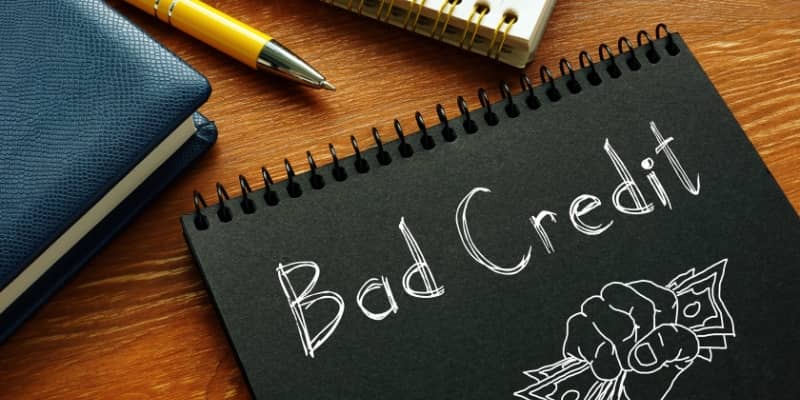Are you tired of feeling financially trapped by a low credit score? Do you dread applying for loans or credit cards because your score will hold you back? It’s time to take control and say goodbye to that bad credit score once and for all. In this blog post, we’ll explore why kill your bad credit score is essential for your financial well-being and provide tips on how to do it effectively. Get ready to break free from the chains of poor credit and start living on your terms!
1: What is Kill Your Bad Credit Score?
2: What to Do If You're Struggling with Debt
If you’re struggling with debt, there are a few things you can do to get back on track. First, closely examine your budget and see where you can cut back on expenses. You can live without some luxuries, or you can reduce your overall spending by looking for ways to save money.
3: Tips for Killing Your Bad Credit Score

a) Pay down your debt. This is one of the most important things you can do to improve your credit score. The less debt you have, the better off you’ll be. Make a plan to pay down your debt quickly, and stick to it.
b) Make all of your payments on time. This may seem like an obvious one, but it’s essential nonetheless. Your payment history is one of the most significant factors in determining your credit score, so always pay on time.
c) Keep your credit utilization low. Another critical factor in determining your credit score is your credit utilization ratio – how much of your available credit you use at any given time. The lower this number is, the better it will be for your score. So, ensure you use only a little of your available credit at any given time.
d) Monitor your credit report regularly. You should check your credit report periodically to ensure everything is accurate and up-to-date – errors could drag down your score without you even realizing it! You can get a free copy of your report from each of the three major credit bureaus once
4: Practical Advice on Improving Your Credit Score
- Check your credit report for errors and dispute any inaccuracies.
- Pay your bills on time, every time.
- Keep your balances low on credit cards and other revolving debt.
- Use credit counseling services if you need help getting back on track.
- Monitor your credit score regularly to check your progress.





